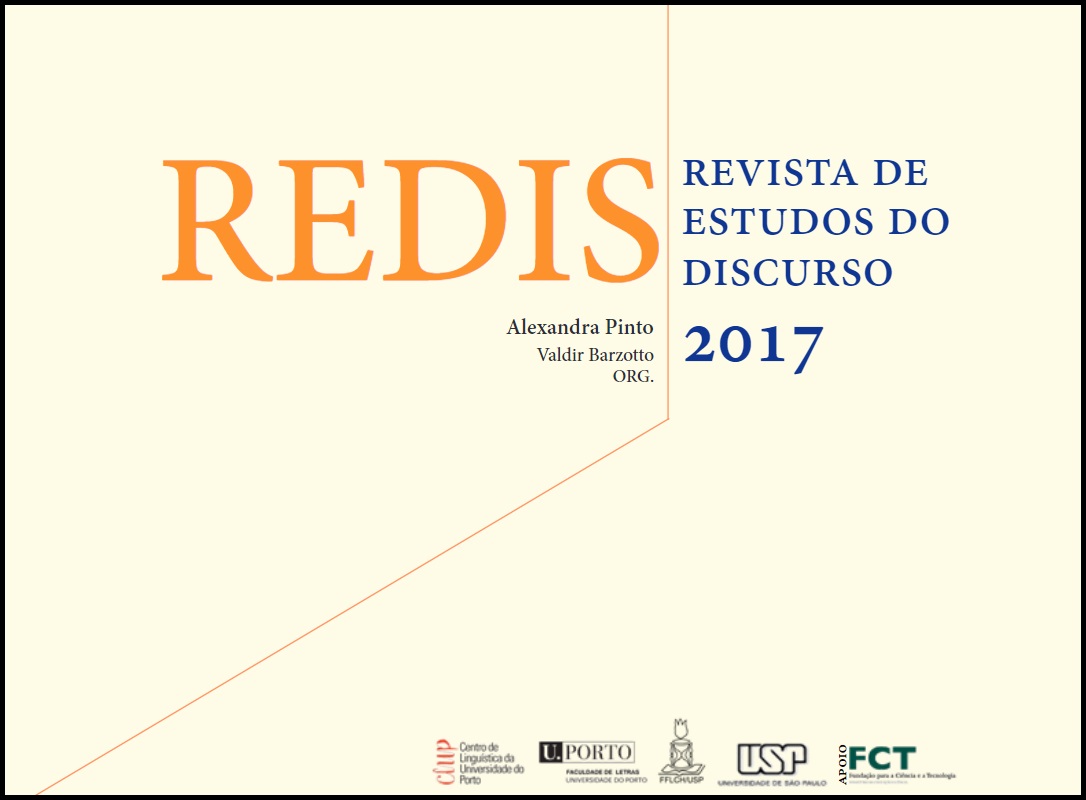Argumentatividade no jornalismo político brasileiro: aspectos linguístico-discursivos do adjetivo nas notícias sobre o governo atual
Resumo
O presente artigo parte da premissa de que não há imparcialidade na linguagem midiática que, por seus aspectos argumentativos, deve ser objeto de pesquisa nas abordagens de linguistas e professores de Língua Portuguesa. A integração de estudos sobre léxico e discurso vem constituindo a base das nossas pesquisas e, para tanto, teorias linguísticas sobre o adjetivo são revistas com o intuito de abordar textos midiáticos cada vez mais presentes nas aulas de linguagem. A abordagem a ser desenvolvida encontra suporte nos trabalhos sobre adjetivos nas gramáticas tradicionais, de grande prestígio entre os estudiosos da área, e nas novas gramáticas escritas por linguistas nas três últimas décadas. Na fundamentação teórica, partiu-se da ideia de que o adjetivo não é um termo secundário, meramente acessório, mas sim uma palavra de forte papel discursivo-argumentativo na elaboração de textos. Apresenta-se aqui uma abordagem, com fins comparativos, de textos das revistas Veja e Carta Capital sobre o governo Dilma Roussef, antes e após o impeachment, com o intuito de mostrar, com base numa tipologia do adjetivo, como se constroem, ideologicamente, as mensagens jornalísticas.
Downloads
Publicado
Como Citar
Edição
Secção
Licença
Os autores cedem à REDIS: Revista de Estudos do Discurso, o direito exclusivo de publicação dos seus textos, sob qualquer meio, incluindo a sua reprodução e venda em suporte papel ou digital, bem como a sua disponibilização em regime de livre acesso em bases de dados.




